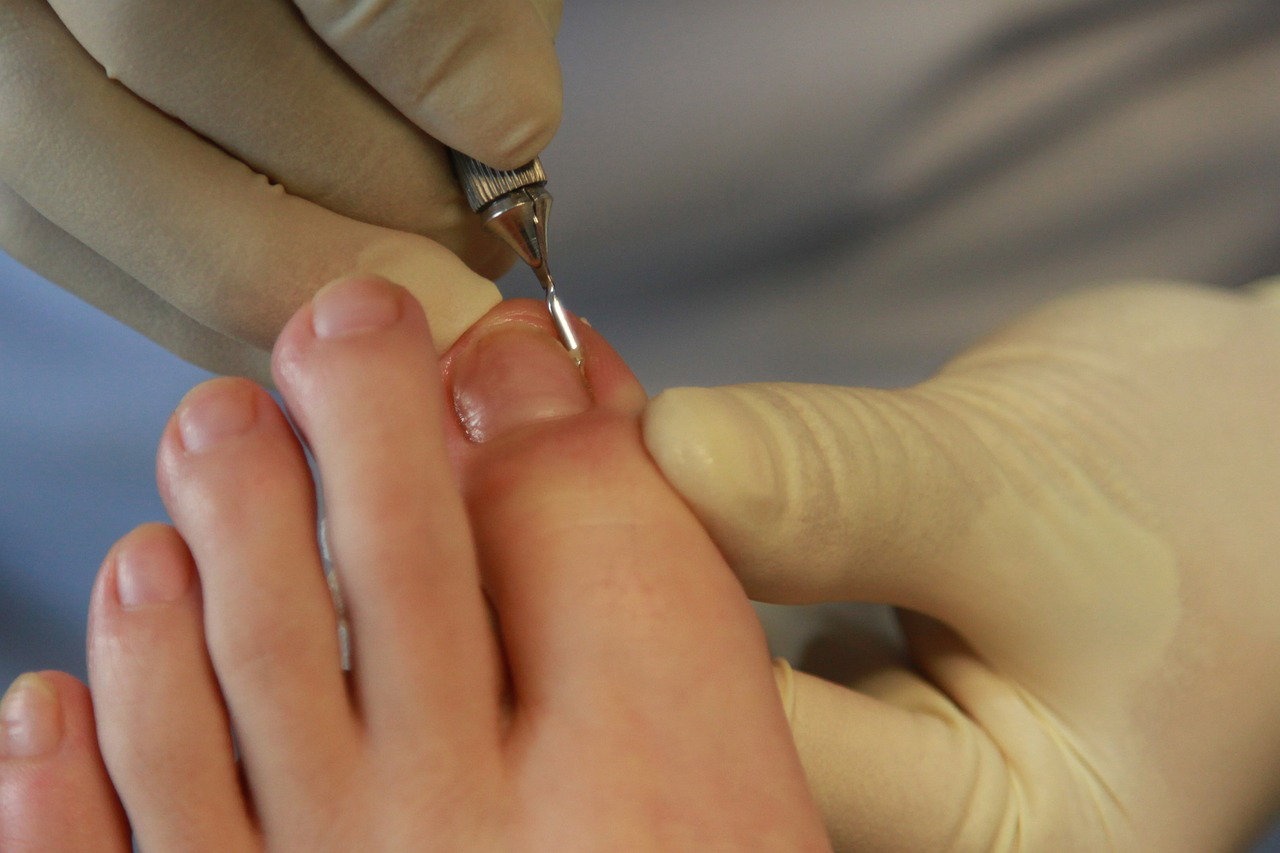Are you one of the countless individuals who have battled toenail fungus and sought toenail fungus treatment in Dallas? If so, you understand the importance of seeking effective solutions to this pesky problem.
Perhaps you’ve successfully treated your toenail fungus with the help of experts at Laser Nail Therapy, only to find it making an unwelcome return.
You’re not alone, and in this blog, we’ll delve into the factors that contribute to toenail fungus relapse and offer valuable insights into preventing it.
Understanding Toenail Fungus Relapse
Toenail fungus relapse can be disheartening, but before we explore why, let’s look at the condition itself. Toenail fungus, or onychomycosis, is a common fungal infection affecting millions worldwide.
It typically begins as a small white or yellow spot under the nail and can progress to cause nail thickening, discoloration, and crumbling if left untreated.
Seeking toenail fungus treatment in Dallas, such as that offered by Laser Nail Therapy, is crucial for addressing this issue effectively.
The initial treatment can successfully eliminate the infection, but toenail fungus relapse occurs when the condition returns after apparent recovery. Several factors can contribute to this frustrating relapse:

Toenail Fungus
There are multiple choices to cure this condition, including home remedies, over-the-counter products, topical prescriptions, oral medication, and laser treatment.
The recurrence of toenail fungus is common, with multiple factors contributing to it. People at risk are those with a genetic predisposition,a compromised immune system, or diabetes. Most cases of toenail fungus relapse are due to not completely eradicating the fungus. Also, reinfection after the treatment may occur due to new exposure to the fungus.
Treatment Options
Using topical treatments, including home remedies, is ineffective because it does not completely eradicate the fungal infection.
Oral medications, on the other hand, are more effective than topical medications. Although you have to take blood tests for liver toxicity.
Reinfection
Even when toenail fungus is completely cured after treatment, patients remain at risk for reinfection. This is because people are exposed to fungi in their normal day-to-day activities. This includes going to the gym or public pools and traveling.
Once treated, it would be best to avoid walking barefoot in gym showers, public pools, and hotel rooms. Fungal nail infections can also spread in the household through family contact. Preventing unnecessary exposure to fungus helps prevent re-infection.
Patients want to avoid reinfection. Some extra measures to take are spraying shoes with antifungal shoe spray after each use, which would be helpful. Read more about aftercare and prevention here.
1. Incomplete Treatment
One of the primary reasons for toenail fungus relapse is incomplete treatment. Toenail fungus can be notoriously stubborn, and if the treatment is not carried out consistently or for the recommended duration, the fungus may not be fully eradicated.
It’s essential to follow your treatment plan diligently and consult with professionals at Laser Nail Therapy to ensure you complete the prescribed course of treatment.
2. Reinfection
Even after successful treatment, individuals may be at risk of reinfection. Toenail fungus can lurk in places like gym showers, public pools, and shared footwear. Without proper precautions, you could inadvertently pick up the fungus again.
To prevent reinfection, it’s crucial to maintain good foot hygiene, avoid sharing shoes or nail clippers, and consider using antifungal sprays or powders regularly.
3. Predisposing Factors
Certain factors can make some individuals more susceptible to toenail fungus relapse. These factors may include a weakened immune system, diabetes, circulation issues, or frequent exposure to moisture.
If you have any underlying health conditions that compromise your immune system, managing them effectively is essential to reducing the risk of recurrence.

Take the First Step Towards Healthy Nails with Laser Nail Therapy
In the battle against toenail fungus, understanding the factors contributing to relapse is key to preventing it. Complete your toenail fungus treatment in Dallas with Laser Nail Therapy, and be diligent in following the prescribed course of action.
Additionally, take proactive steps to protect yourself from reinfection by practicing good foot hygiene and avoiding potential sources of contamination.
It’s crucial to remember that toenail fungus can be persistent, and relapses can happen, but they are not insurmountable. Taking these preventive measures and staying vigilant can increase your chances of enjoying long-lasting results.
If you or a loved one is dealing with toenail fungus, don’t hesitate to contact Laser Nail Therapy. They offer free consultations to assess your condition and provide personalized treatment recommendations. Take the first step towards healthier, fungus-free nails by contacting us today.





